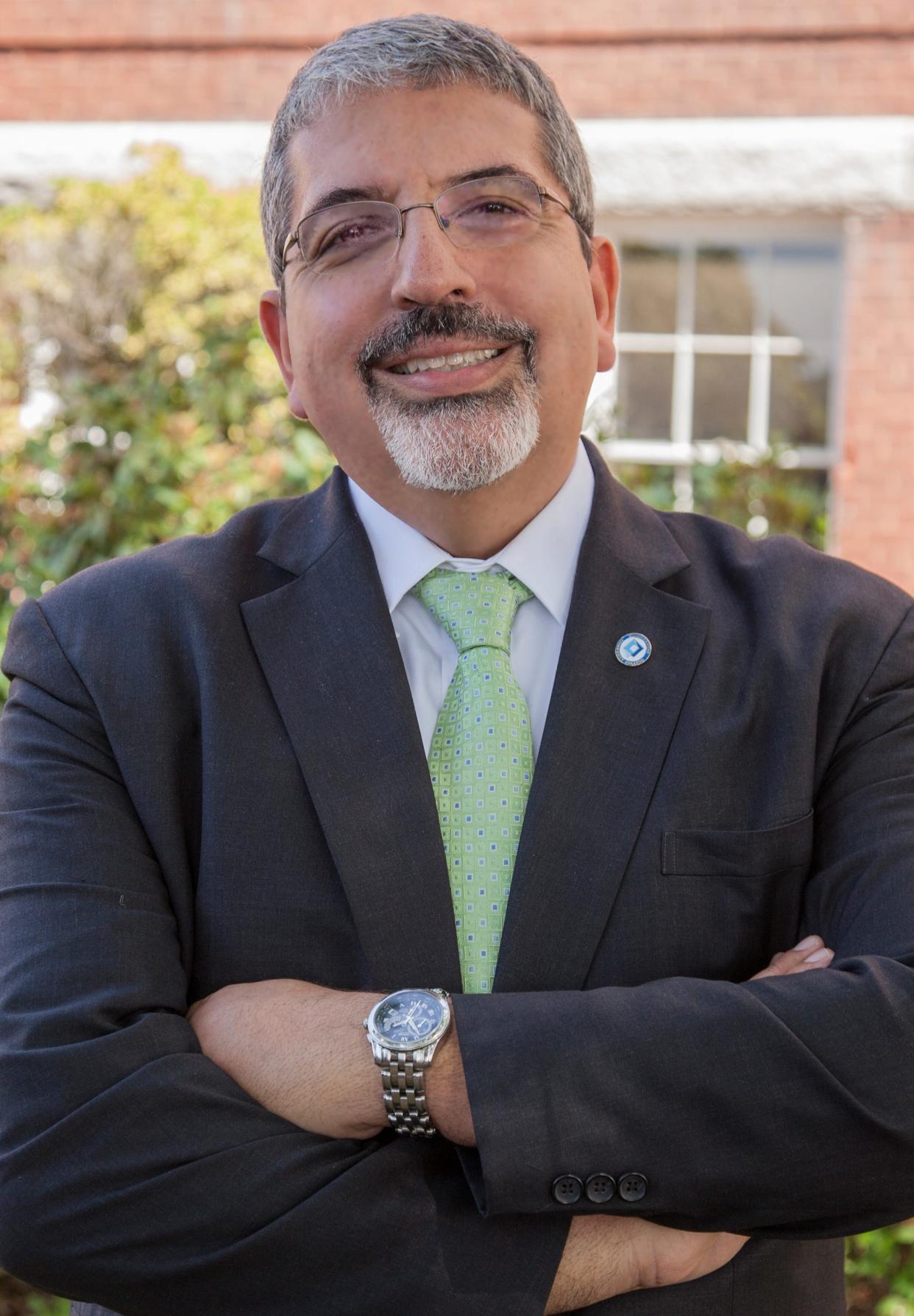Pedraja: For the Fourth of July, a call to action

As we prepare to celebrate the birth of our nation, I cannot help pondering how far our country has come in almost 250 years, yet reluctantly also acknowledge how far we still must go.
Independence Day was recognized on July 4, 1776, when the Second Continental Congress formally adopted the Declaration of Independence and deemed the 13 former British colonies were no longer under British rule. In 1941, our federal government began officially commemorating July 4 as a national holiday, honoring the birth of the United States of America’s independence.
Over the years the significance of July 4, 1776, seems to have gotten a bit lost in all the excitement of a day off from work, barbecues, patriotic music and fireworks. While we all enjoy these things, we must not lose the importance of the day, what it meant to our forefathers, and what it means to us in today’s 21st century.
Personal freedoms, independence and the inalienable rights of life, liberty and the pursuit of happiness are a right for some, but sadly not all, in this country. Historically, Black and brown people have not had the same rights and privileges afforded to our nation’s white male founders, nor did the Constitution provide the same rights and privileges to women as it did (and still does!) to men. It was just 102 years ago that white women were granted the right to vote, and this happened after over six decades of women’s protests, conventions and relentless activism. Still, the proposed Equal Rights Amendment to the Constitution that will guarantee legal gender equality for all people has not been ratified.
While Abraham Lincoln signed the Emancipation Proclamation in 1862, it was not until two and a half years later that federal troops arrived in Galveston, Texas, and notified the remaining enslaved people that they were now free. And it wasn't until the end of 1865 that the Thirteenth Amendment to the Constitution was ratified, officially abolishing slavery throughout the United States.
We celebrate the end of slavery in this country each June, on Juneteenth. However, we need to remember the other more recent and no less troubling Jim Crow laws of the late 19th and early 20th century, which enforced and legalized racial segregation. These laws, in place until the mid-1960s, were overturned as a result of extraordinary political and social mobilization and activism resulting in the Civil Rights Act of 1964 and the Voting Rights Act of 1965.
Our communities also recognized Pride Month in June, which celebrates the LQBTQIA+ community. This celebration came about after a series of gay liberation protests in 1969, known as the Stonewall Riots or Stonewall Uprising in New York City. Yet today, the LGBTQIA+ community is being targeted, and the rights they fought for, such as the right to get married, are being challenged, undermined or in some cases taken away.
Taking an honest look at the freedoms some of us have, while recognizing there are others who have significantly less, is the only way in which our country can begin to forge a path forward toward all-encompassing freedom and truly pay proper homage to this holiday known as Independence Day. Equity, independence, inclusion and freedom can only be realized when every person recognizes, acknowledges and works to change the current narrative of inequality and inequities, so that regardless of race, gender, ethnicity or social class, every individual has the same civil rights, freedoms, opportunities and equitable pay.
Apathy is not a word we can afford to entertain. No longer can we passively ignore the injustices of so many in our country. No longer can it be someone else’s problem, someone else’s issue. Injustice and intolerance are our collective issues that we all must address, and what better time to address them than our nation’s birthday?
We must use our voices to decry and denounce bigotry, intolerance and racism wherever and whenever we see it. Together, we can build a society that lives up to the principles upon which it was founded – a society made by the people, for the people.
Change does not come easily to most people. However, when we admit to our own unconscious biases, work to educate ourselves, learn and listen about others’ lived experiences, new possibilities open up on a personal, community and national level. On this Fourth of July, as we gather with family and friends, let us remember the power we hold as a collective society. Let this Independence Day be a call to action, a reminder of our shared responsibility to shape our own destiny and create a better future.
Luis G. Pedraja is president of Quinsigamond Community College in Worcester.
This article originally appeared on Telegram & Gazette: Luis Pedraja column on significance of Independence Day

